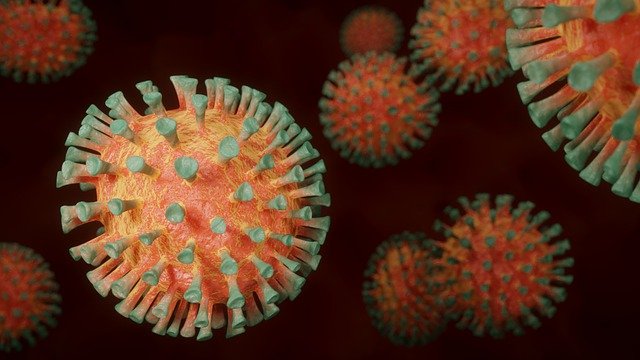First COVID Encounter Shapes Individual’s Immune Response To Future Variants, Reveals Study

London: The first SARS-CoV-2 spike protein that one encounters — be it through vaccination or infection — shapes the subsequent immune response of the body against current and future variants, a study conducted in the United Kingdom revealed.
According to the study, exposure to the virus imparts various properties that have an impact on the immune system’s ability to protect against current and future variants. It also affects the rate of decay of protection, explaining why populations across different regions and countries build varying degrees of immunity to similar virus strains, reported news agency PTI.
The findings orchestrated by a scientists’ team from the Imperial College and the Queen Mary University of London were published in the journal ‘Science’ on Friday.
“Our first encounter with spike antigen either through infection or vaccination shapes our subsequent pattern of immunity through immune imprinting,” Professor Rosemary Boyton from Imperial College’s Department of Infectious Disease said.
“Exposure to different spike proteins can result in reduced or enhanced responses to variants further down the line. This has important implications for future-proofing vaccine design and dosing strategies,” Professor Boyton said.
It’s a known fact that antibody levels wane over time following infection or vaccination. However, the new research shows strain or combination of strains one has been exposed to affects an individual’s protective immune responses.
“This study now offers considerable new details about who is susceptible and when. You can be someone who made a great response to the vaccine and still fall prey to Delta breakthrough if you haven’t had a booster,” Professor Danny Altmann from Imperial College’s Department of Immunology and Inflammation was quoted as saying by the agency.
“Immune imprinting means we’re now all walking around programmed slightly differently for our future protection. The challenge is how to broaden the population’s immunity in the right way as we need to ensure the widest coverage possible.
“Currently, with the Omicron variant emerging, it’s vital that people get their booster vaccines. But in the future, we should consider how we can create vaccines that broaden our immune response even more to protect against other new variants of concern,” Professor Altmann explained.
ALSO READ: COVID Vaccine Booster: Now, INSACOG Says More Experiments Needed To Assess Impact

Comments are closed.